Melvin Bernstein, class of ’51, died in June of 1986. His passing went unnoticed by The New York Times and by most of the many hundreds of students who, by some administrative quirk, wound up in his fifth grade classes. Certainly this is not an unusual occurrence in contemporary America whose population is reaching the mid-mark of some 200 million. The death of many/most teachers, especially elementary teachers, go unheralded. This is not merely due to the fact that they are just one of many professionals but also because teaching has yet to be regarded as a productive aspect of this society. Moreover, by their absence in the visual media, what teachers expound and explain, question and interpret, select and encompass in the classrooms are not woven into the pictorial record of the country. We possess extensive reels of politicians, film stars, celebrities, sports figures, even of prisoners and radicals, but none of the myriad of teachers who are responsible for instilling knowledge and critical thinking — in addition, of course, to merely redirecting aggressive energies into civilized forces — into every expanding mind. Melvin Bernstein was just one of many such teachers.
Yet, he was not just a teacher. Unlike most of us — and I can state this without contradiction for I was his roommate for three years and walked with him many times after we left that single room with two desks, one typewriter, bunk bed, radio, wine coolers & cigarettes, and jars of peanut butter & jelly — Melvin Bernstein was blessed with curiosity. Not idle curiosity and no, not your usual fleeting bewilderment that stumbles from surprise, but a curiosity about everything, a truly restless head that had, just had, to turn over every unusual idea that his eyes alighted on. Melvin Bernstein went to college not to get a degree albeit once there he sagely decided it was prudent to do so. Rather, he was there to seek the answers to the questions that had hounded him lo the many years of his then young life.
How he had come to churn and grapple with questions that most of us would not consider until much later in years was always a puzzle to me. Such problems as beginnings & causality & connections, always preceded by the question why, moved him to a frenetic but joyus chase. Once, in a political science course, the professor delivered a few remarks about the Stoic philosophers and Mel was intrigued. The Stoics, he asked, who were they? He dashed to the library and soon that small room was filled with every book written by and about the Stoics. Once on a binge, tests and term papers were of no concern. He simply declared that grades were unimportant to an education and in fact an obstacle.
That voracious mind always seeking answers, always posing questions, kept me up many a night. And in time I, too, learned the significance of the question, the need to probe, and joined in the search for the elusive thread that might connect. Mel was always the teacher, to me and himself, and that became his life’s burning quest. He wanted to teach others nothing more than to question, to use the mind to probe.
One evening he turned to me and shot out, “It’s a curious thing and I don’t quite understand.” Baited, I settled in for the probe. “Well, you and I have experienced a diverse group of professors; yet only certain ones have influenced us. But there doesn’t seem to be any commonality among them.” He was, of course, quite right. The professors cut across physical, personal, and ideological lines. Which quality did they all possess that was influencing us? We decided to draw up a large chart with names on one side and, along the top, such as characteristics as ‘intelligence’ and ‘articulateness’ and the like. After the survey was completed with checks and minuses, the only quality that bound them all was a sense of humor. Feverishly we spent an entire month peering into the subject of humor and followed this up by confronting each instructor with our survey.
In the privacy of their offices some acknowledged that they had set out to cultivate humor as a means of survival while others simply did not know where their humor had derived — but all were astonished at our project and the effect of their humor on others.
When I told Mel in our senior year that my objective was university teaching, he was horrified. By that time, he explained with unmistakable exasperation, minds were set. Had we ot agreed some time ago that our objective was the molding of minds, he pointedly asked? As for him, he would first experiment with the different grade levels in an attempt to discern just when minds were most malleable and then devise a curriculum that would produce probing heads.
That is essentially what Mel did for the rest of his days. Yet, a caveat is important here. Somewhere along the way he became disillusioned, not with the question, but with teaching. I still don’t quite know why. This generation, he once declared, was somehow beyond redemption. Downed by one heart attack, he retired from teaching and plunged into the grand pursuit of ideas. He was travelling widely and ecstatically in his curiosity when another attack finally ended his life. By that time, his immediate family had all passed away and he was alone.
Perhaps that is what stilled him, a sense of personal loneliness. We can never really know for sure. What I do know is that at college for four years was an individual who questioned his books, cajoled his professors in and out of the classroom, used the institution to unearth the ideas that move us, and kept me awake at night insisting that I respond to his questions. I could sure use another all-nighter; in fact, this country could benefit from a good questioning binge from a teacher such as Mel Bernstein every now and then.
Joseph Boskin ’51
Written in 1987
You might also like
More from Class Notes
From the Archives – Winter 2024
From the Archives - Winter 2024 SAVE THE DATE: April 8, 2024 Oswego will experience a very rare total eclipse of the …
Oswego Matters – Winter 2024
Oswego Matters - Winter 2024 As a mother of two young children, I’ve grown accustomed to frequent transitions; to new beginnings; …

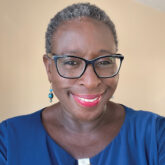
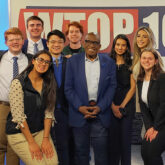
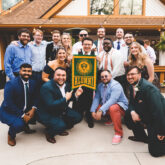
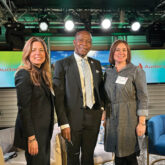
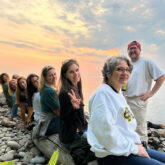
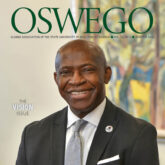
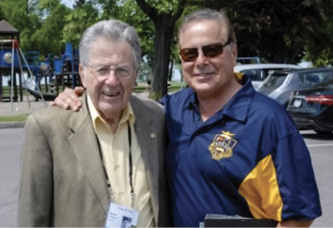
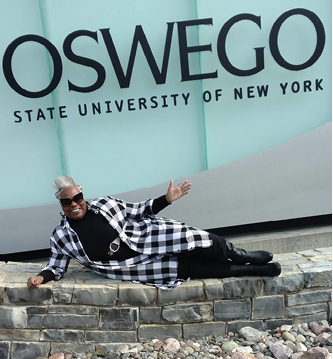
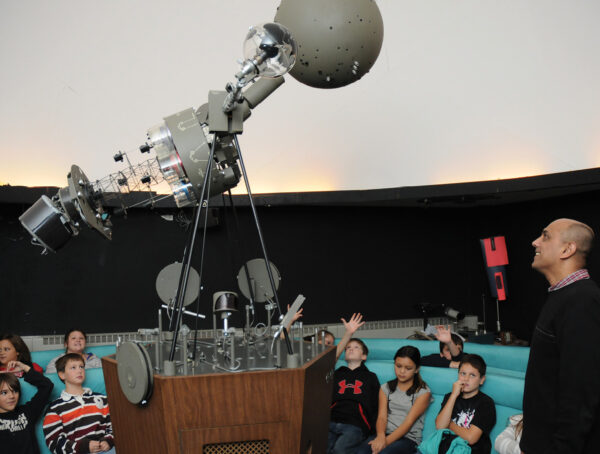
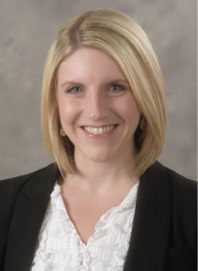
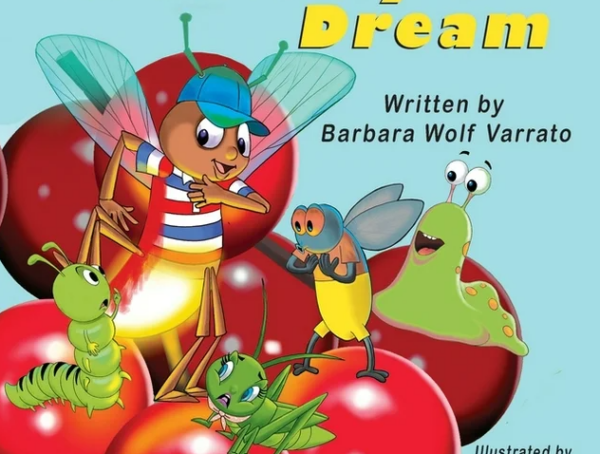
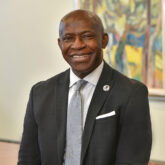

Leave A Reply
[…] The full text is available online at magazine.oswego.edu. […]